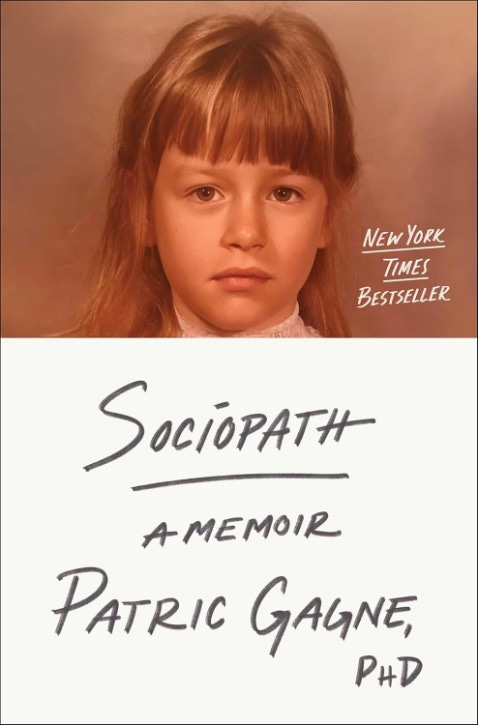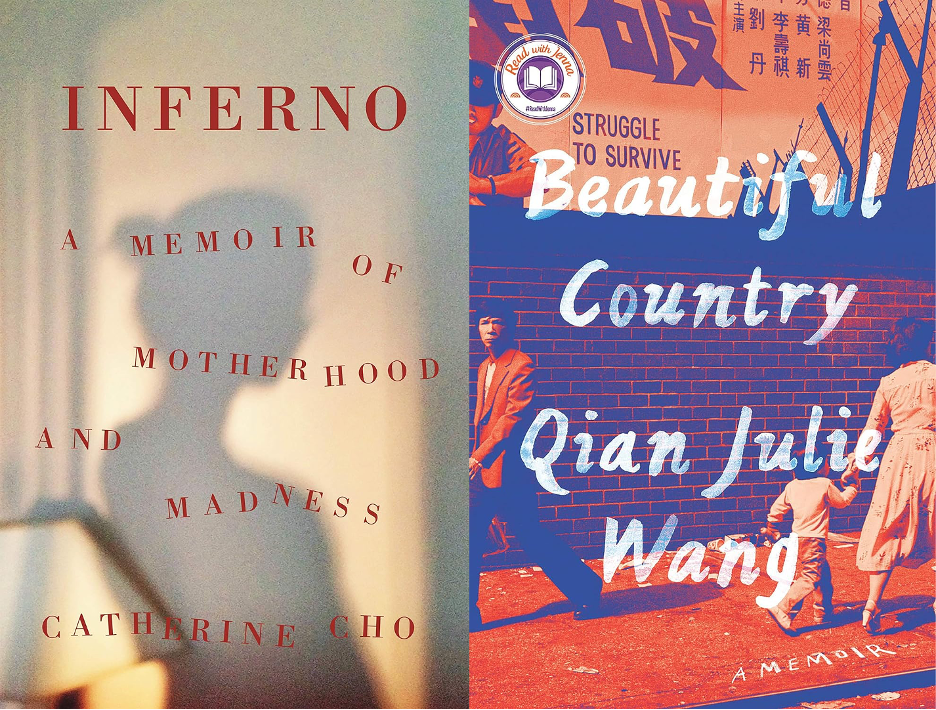Tl;dr – An excellent memoir about understanding ones psyche and experience in this world, while weaving psychiatric history and research across the narrative. Informative and enjoyable read. Highly recommend the audio version read by the author herself.
Sociopath. Psychopath. Anti-social. What’s the difference? Is there a difference? The Diagnostic and Statistical Manual of Mental Disorders – better known as “the DSM” will have you believe sociopathy isn’t a disorder. It was formally removed from the DSM in the third edition. Instead, “anti-social personality disorder” is the official diagnosis. Only those severely impaired with lack of empathy and remorse get the diagnosis of “psychopath.”
This bothered Patric Gagne, who as a young adult, was trying to figure out why she was different. Why did she make other kids uncomfortable? Don’t all kids break into homes? Isn’t stealing normal behavior? Lying is just a normal way to social interact, right? In her memoir Sociopath, one gets an intimate view of what a “normal” sociopath can look like.
And they are more like you than you might think.
Sociopath tells not just one’s story of childhood misbehavior, young adulthood realization, and her journey to normal, but also psychiatric history and research. For whatever reason in the 1980s, some psychologists decided that sociopathy wasn’t a disorder. You were now either a full-blown psychopath – think, courtroom killers – or you had “anti-social personality disorder” persistently disregarding social norms and lacking empathy.
Gagne argues that sociopathy should be brought back and considers it a secondary form of psychopathy. The instrument for psychopathy diagnosis (The Psychopathy Checklist-Revised (PCL-R)) requires a high cut-off. But what about people who are below that cut-off but not scoring low either? Gagne argues many of these folks would be sociopaths. Whereas psychopaths are incapable of feeling complex social emotions, sociopaths lack emotional nuance, but are capable of learning social norms and emotions. They often feel anxiety due to social exclusion and experience less emotional arousal. As a result they tend to engage in criminal or deviant behavior to “feel something” and reduce that anxiety. Similar to engaging in compulsive behaviors to reduce obsessions in the case of folks with obsessive-compulsive disorder.
The result is that unlike psychopaths, these folks are not overtly “crazy” or engaging in gruesome acts. And unlike anti-social personality disorder, they aren’t just criminals disregarding society. It may be the case that sociopaths who are intelligent enough to not get caught – carefully being deviant for anxiety reduction – are often high functioning and successful. Those that aren’t are usually in jail and labeled with “anti-social personality disorder”.
This book is an excellent memoir but also teaches one a lot about the (newly proposed?) disorder of sociopathy. Gagne struggled to find appropriate therapists and so became one herself. She’s married and has kids. Her goal is to help destigmatize sociopathy and help those who are high-functioning cope with their anxiety and live full lives.
Sociopaths: they’re just like us!
Published: April 2024
Publisher: Simon & Schuster
Format: Audio
If you think this sounds interesting, bookmark these other great reads:
Inferno: A Memoir of Motherhood and Madness (2020) by Catherine Cho
Beautiful Country: A Memoir (2021) by Qian Julie Wang







Great review. I really enjoyed this one too.